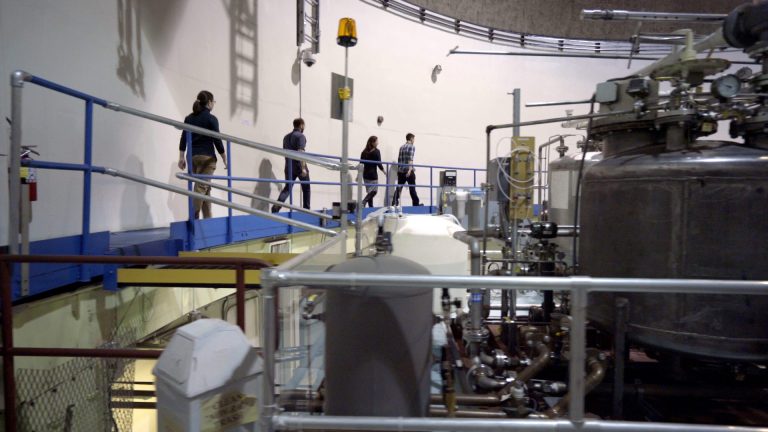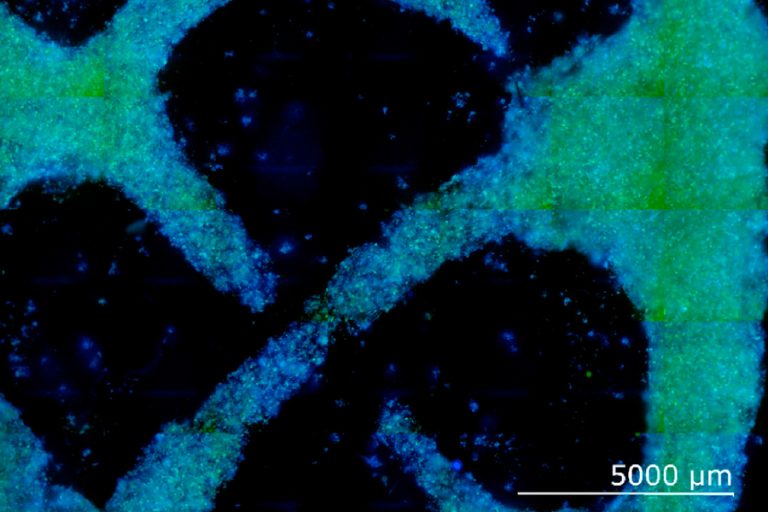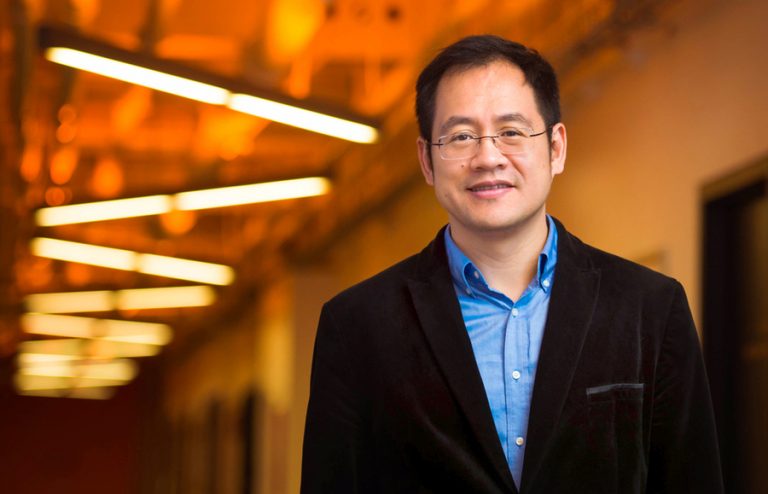Dear Members of the MIT community and friends,
It’s hard to believe that nearly a year has passed since our campus de-densified, our classes moved online, and we swiftly shifted our focus to tackling the global pandemic. While our work responding to Covid-19 continues, so too does our work tackling one of the greatest challenges of our time: climate change.
We are accelerating research, implementing solutions, and advancing education at every turn. Just recently, we launched the latest element in MIT’s fight to combat climate change, the MIT Climate and Sustainability Consortium (MCSC). With the goal of vastly accelerating the implementation of large-scale, real-world solutions, the Consortium convenes thirteen inaugural influential industry leaders to work with MIT—and one another—with the sense of urgency needed to address our climate challenge.
This issue of The Infinite will point to recent stories related to the health of our planet and work happening across the School of Engineering. You’ll learn about a hybrid-electric plane that could reduce air pollution, discover new research that could offset pavement cement production emissions, uncover an opportunity to streamline the production of biomaterials, and explore the incredible stories of some of our faculty and students as they address water scarcity, food insecurity, energy application, and more.
I look forward to sharing our many advances as we strive to develop transformative and impactful solutions to ensure a healthy future for our planet and our society.
Sincerely,








